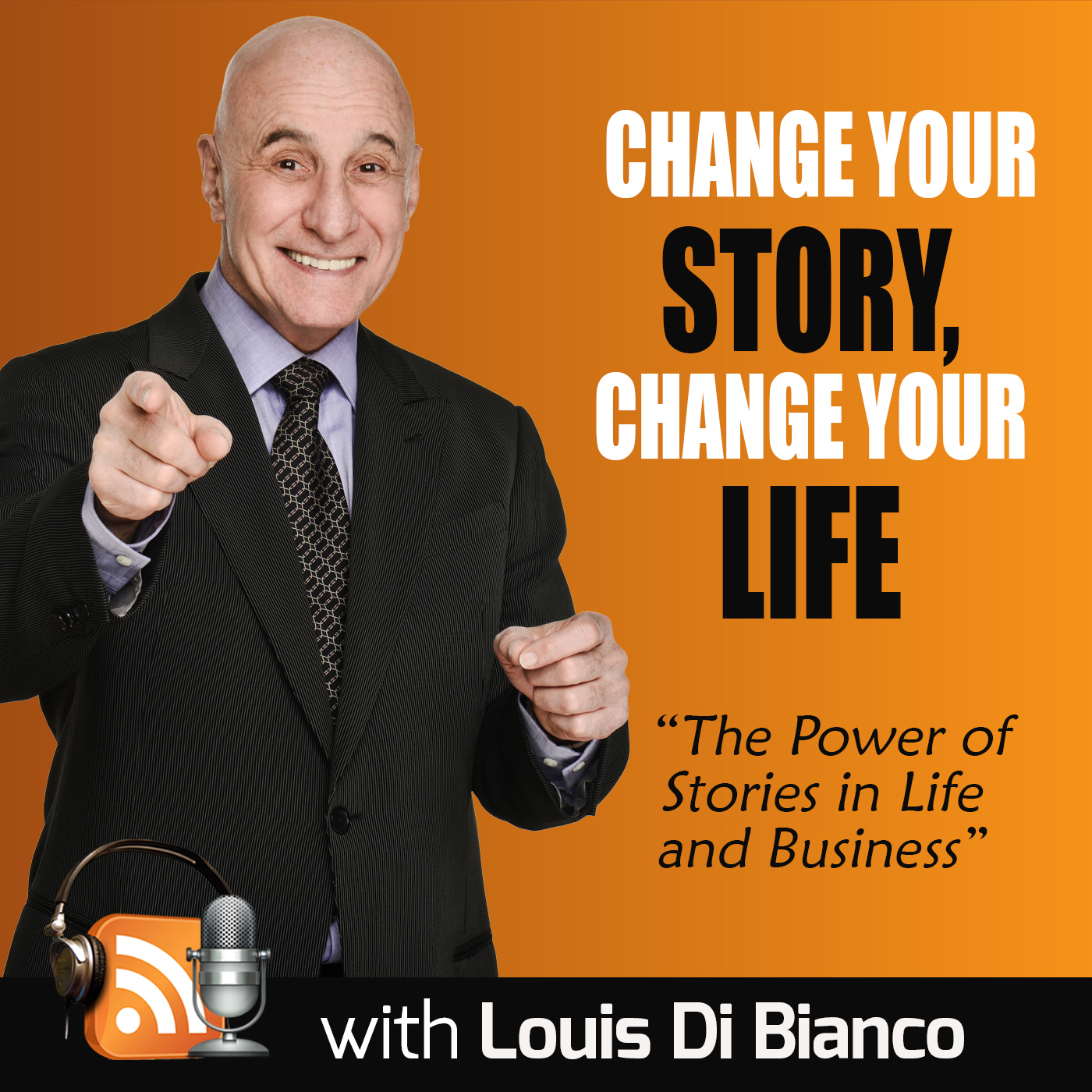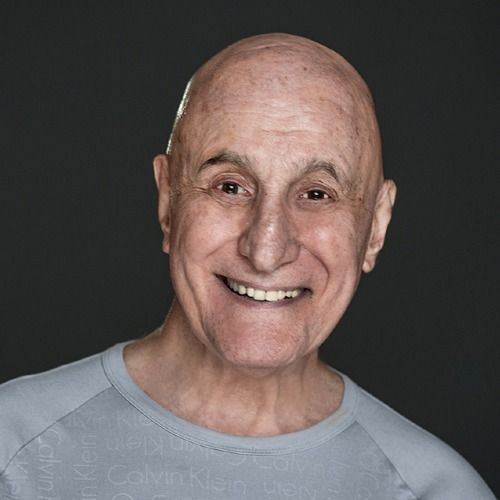196: “True” Stories
TRUE STORIES
Is it possible for a true story to be untrue? Yes.
Although true stories are based on”facts,” the person “telling” the story must present those facts in a frame that carries his/her bias or interpretation of the facts.
Simply put, what we call objective reality is always tinged by subjectivity. What you look at is always colored by the lens through which you view it.
This episode explores fascinating examples of this. The first one focuses on a famous Impressionist painting, “Le Pont de l’Europe,” by Gustave Caillebotte. The English translation is “The Bridge of Europe.”
The painting seems like a realistic representation of the bridge. Closer inspection reveals a “distorted” or exaggerated perspective that the artist used to create specific feelings and thoughts about his society.
You may be intrigued when you learn about:
- Diane Arbus – her famous photographs of people are far from objective representations of their subjects.
- Leni Riefenstahl – the images in her brilliant “documentary” films, “Triumph of the Will,” about Hitler’s Nuremberg rally, and her movie about the German Olympics can be seen as propaganda.
- Rashomon, a play based on two Japanese short stories, and, later, a film thriller by Akira Kurosawa, examines the nature of truth.
This episode challenges your critical thinking and asks you to not get intellectually lazy about the questions, “What are facts?” and, “Are there any true stories?”

